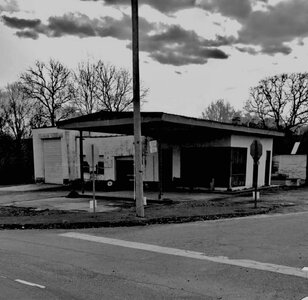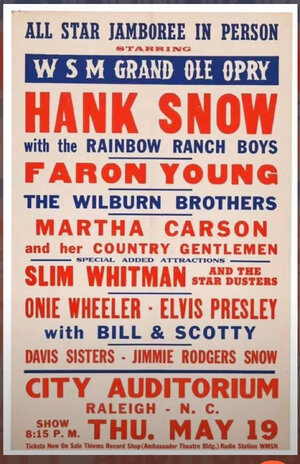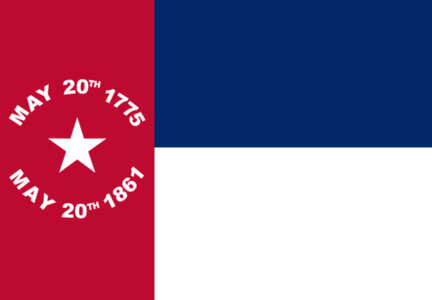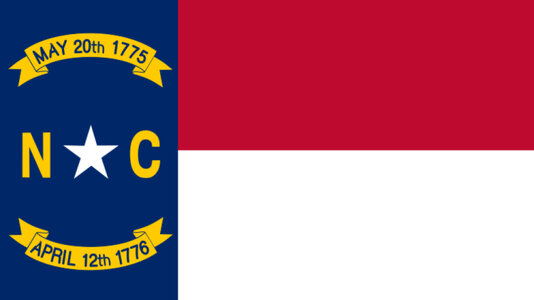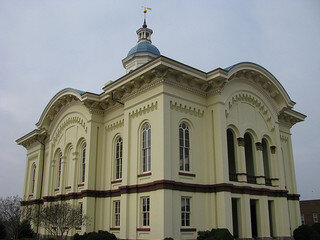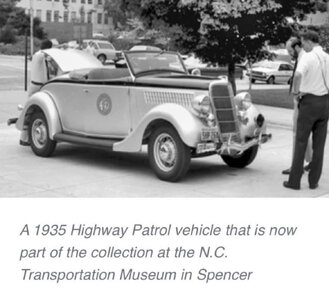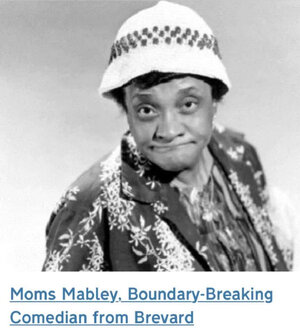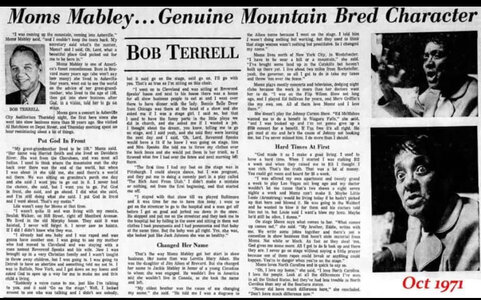donbosco
Inconceivable Member
- Messages
- 3,363
And of course, #OTD in 1954.
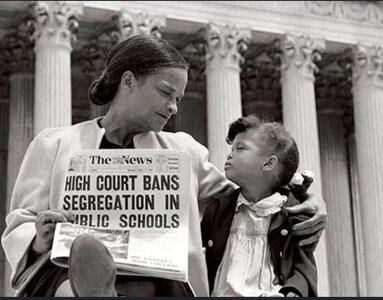
#OTD (May 17, 1954) in Brown v. Board of Education of Topeka, the US Supreme Court voted unanimously that “Segregation of students in public schools violates the Equal Protection Clause of the Fourteenth Amendment, because separate facilities are inherently unequal.”
Imagine - a UNANIMOUS decision. Imagine today’s SCOTUS rendering such a verdict. A SCOTUS that makes of a president a king above the law would not - could not - bring such justice. So watch the trump administration’s case now before the court challenging birthright citizenship. Why? Because striking that down would give courts leeway to narrow the scope of other clauses in the Constitution and most specifically in the 14th Amendment — like Equal Protection and Due Process ((See 5th Amendment too) — by redefining, i.e., shrinking, who is “entitled” to those protections. States or Congress could be the arbiter of citizenship in a post-birthright citizenship United States. A core promise of the 14th Amendment is that all people are equal under the law but weakening would strike at every group that has relied on the 14th Amendment for protection—racial minorities, women, LGBTQ+ people, immigrants, the disabled… All would find their rights under threat.
Right here. Right now. We are living Niemöller’s quotation? “First they came for the socialists, and I did not speak out—because I was not a socialist. Then they came for the trade unionists, and I did not speak out—because I was not a trade unionist. Then they came for the Jews, and I did not speak out—because I was not a Jew.”

#OTD (May 17, 1954) in Brown v. Board of Education of Topeka, the US Supreme Court voted unanimously that “Segregation of students in public schools violates the Equal Protection Clause of the Fourteenth Amendment, because separate facilities are inherently unequal.”
Imagine - a UNANIMOUS decision. Imagine today’s SCOTUS rendering such a verdict. A SCOTUS that makes of a president a king above the law would not - could not - bring such justice. So watch the trump administration’s case now before the court challenging birthright citizenship. Why? Because striking that down would give courts leeway to narrow the scope of other clauses in the Constitution and most specifically in the 14th Amendment — like Equal Protection and Due Process ((See 5th Amendment too) — by redefining, i.e., shrinking, who is “entitled” to those protections. States or Congress could be the arbiter of citizenship in a post-birthright citizenship United States. A core promise of the 14th Amendment is that all people are equal under the law but weakening would strike at every group that has relied on the 14th Amendment for protection—racial minorities, women, LGBTQ+ people, immigrants, the disabled… All would find their rights under threat.
Right here. Right now. We are living Niemöller’s quotation? “First they came for the socialists, and I did not speak out—because I was not a socialist. Then they came for the trade unionists, and I did not speak out—because I was not a trade unionist. Then they came for the Jews, and I did not speak out—because I was not a Jew.”
Last edited:

